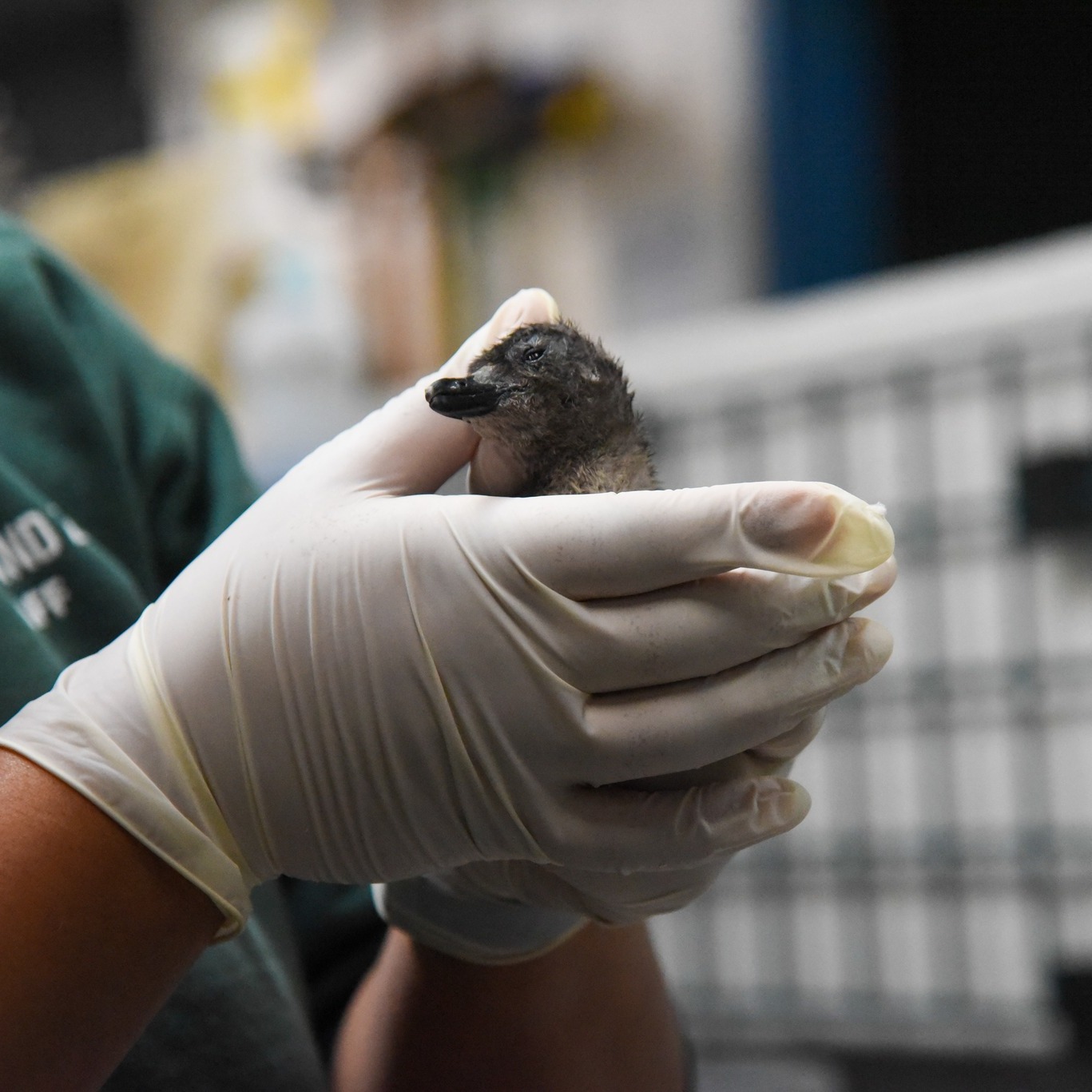- Ecological significance and current status of African penguins
- Breeding and rearing practices in zoos
- Conservation efforts and the role of captive breeding
- Educational value and public engagement
- Cultural and thematic naming practices in zoos
The African penguin, Spheniscus demersus, once thrived along the southwestern shores of Africa. Known for their distinctive bray-like call, these penguins have captured the fascination and admiration of conservationists and the public alike. Unfortunately, they are now classified as critically endangered, mainly due to human activities. The recent hatching of two African penguin chicks in captivity brings renewed hope and attention to this species. These new arrivals in the world of captive breeding celebrate both new life and ongoing conservation efforts to ensure the survival of this charismatic seabird.
The ecological significance of African penguins cannot be overstated. As marine predators, they play an important role in the ecosystem balance along Africa’s coasts. They primarily feed on small fish like sardines and anchovies, providing an effective control on fish populations. Changes in fish distribution due to overfishing and climate change have added significant stress, further affecting the penguins’ ability to thrive in their natural habitats. Understanding these ecological connections highlights the importance of conservation efforts not just for the penguins, but for the ecological health of the region.
Breeding African penguins in zoos requires mastery of complex avian husbandry principles. It involves controlling environmental conditions to mimic natural habitats as closely as possible. This includes maintaining appropriate temperatures, humidity levels, and access to fresh, saltwater pools for swimming. Monitoring dietary needs is crucial, providing a balanced diet rich in the specific nutrients found in their native prey. The breeding season brings a unique set of challenges. Caretakers must monitor mating behaviors, nesting activities, and egg incubation periods. Once hatched, keeping a vigilant eye on the chicks’ health and growth ensures their successful transition to adulthood.
These successful hatchings in zoos highlight the importance of captive breeding programs in conservation strategies. Species facing extinction often benefit significantly from these initiatives. By maintaining a genetically diverse population in captivity, zoos can create a safety net for wild populations under threat. Genetic diversity in captive populations is essential to future reintroduction attempts, which could bolster wild populations. Furthermore, zoos often collaborate globally, sharing best practices, individual animals, and genetic material, to maintain the genetic health of the species.
Public engagement and education are crucial in wildlife conservation, and zoos provide an excellent platform for these efforts. The playful antics of penguins naturally attract visitors, offering a perfect opportunity to educate the public about species conservation. Interactive exhibits, educational signage, and storytelling bring to light the challenges faced by penguins in the wild. By connecting emotionally with these penguins, visitors may be inspired to support conservation work and make lifestyle changes that benefit wildlife.
The whimsical and culturally engaging practice of naming animals in zoos introduces another layer of interest. This season’s theme of naming the penguin chicks after types of cheese adds an element of fun and connection, invoking curiosity and conversation among visitors. Such themes can often correlate with educational campaigns, perhaps highlighting global diversity, cultural practices, or, in this case, culinary delights. These naming themes can create memorable experiences for zoo visitors, helping to establish lasting connections with the animals.
In the ongoing effort to save species from extinction, each new penguin chick born in captivity is a beacon of hope. African penguins epitomize the struggles faced by wildlife in rapidly changing environments. Through the combined efforts of zoos and conservation organizations worldwide, there is still a chance to reverse their decline. As these chicks grow, they symbolize the valuable intersection between wildlife conservation, education, and public engagement, ultimately working toward a future where African penguins thrive once again in the wild.
*****
Source Description
Waddle we have here? Two more adorable critically endangered African penguin chicks have hatched! 🐧 In case you missed it, this season’s naming theme is cheese. Can you guess which cheesy names these fluff-balls will get?


